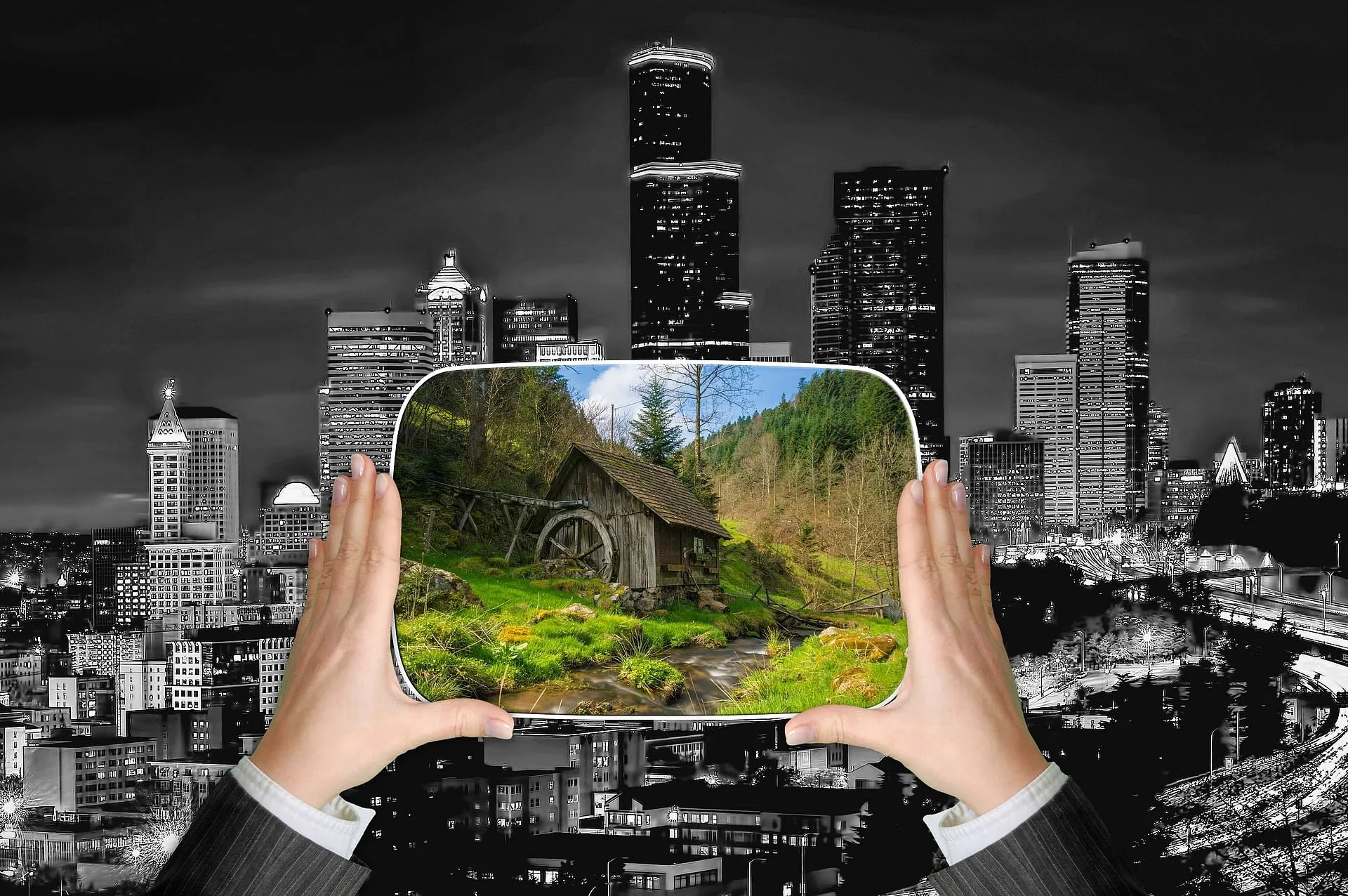There is no better protection from environmental health hazards than a strong base of knowledge on environmental issues. Research findings suggest that formal education on environmental issues and participation in environmental activities are promising venues to foster ecological knowledge, attitudes and behavior in children. And this will in turn help in building an eco friendly environment for the future generations.
Environmental education is the very basis of an education. The most basic definition of education is: “that taught by members of a culture to the next generation to allow that culture to continue.”
To be sustained, our civilization is dependent on the Earth. If we cannot educate our children to live sustainable on this Earth, eventually our civilization will disappear and our educational system will have failed us.
For most people born before 1950, today’s shopping mall was a rare part of growing up. We walked to school, to friend’s houses, to shops and movies. The afternoons were spent with friends playing sports or in nearby “empty lots,” using our imaginations endlessly.
We would look for insects or snakes or turtles or just explore nature. The “outside” was a neat place to be and to learn about all sorts of critters, breathe fresh air, pick pretty wildflowers (before learning that was not good to do), and more. In short, many of us developed a bond with the natural world and a commitment to conservation that stems from that period.
In today’s world, kids grow up in a totally different and regrettably “antiseptic” atmosphere. Children are driven just about everywhere. After school, they’re at home with friends on “play dates”.
They play board games, use electronic toys (including computers) or are riveted to TV comedy, cartoons, video games or the like. The sense of “danger out there” that most parents feel precludes their kids’ environmental explorations.
How can we give these experiences back to our children so they grow with a sense of the awesomeness of nature and its critical place in our lives, and yet provide for their safety?
The first and the foremost is that, the students will study and discuss environmental topics to develop awareness and the knowledge necessary to become stewards of the earth and its fragile ecosystems. This has to be driven right from the school.
At school we acquire knowledge designed to prepare us for adult life. This can be best taught not within the concrete walls, but in the open air. Let the children breathe some fresh air to start with. The objectives of this form of education should be to:
1. Identify and describe causes for vanishing habitats and extinction of animal species.
2. Distinguish between actions that are harmful and beneficial to the environment, and
3. Evaluate possible actions they might take to have an impact on wildlife and the environment.
In order to implant environmental thoughts into the heart and soul of the young blooming stars, the best practice to help them learn is to create a firm base from the school arena itself. School natural areas provide the setting for our children to learn about the natural world directly.
Applied learning in school nature areas often teaches many subjects simultaneously. Science, math, art, history, environmental education, can all be woven into the experience. Learning while doing out in the fresh air makes the lessons more enjoyable and the knowledge more lasting.
In addition natural areas provide a beautiful lower maintenance alternative for the unused areas of the school’s property that is usually covered by expanses of lawn. They serve as an example of environmental responsibility for the children and the community.
Location on the school grounds increases the student’s accessibility. In order to inculcate such values in the young students we should plan to restore the native ecosystem. Native plant communities tend to be hardier, lower maintenance, and more attractive.
Many of the principles of the natural world involve the interdependence of species. Planting individual plants in a perennial type bed, as opposed to plant communities, increases maintenance and works against this learning objective.
Education is the tool that will provide our students, teachers and citizens with the skills to accomplish the task of working cohesively to ensure a healthy, just and sustainable environment for all children. We need to build our social skills as we grow.
The primary mission is to foster collaborative initiatives to reduce and ultimately eliminate environmental exposures that can undermine the health of current and future generations.
Our lifestyle and willful negligence is a ticking time bomb to threaten our life and livelihood. Our land is blessed in many ways but it is becoming a curse slowly because of our never ending greed.
We seek unnatural solutions to naturally occurring problems. Our ancestors lived in harmony with their eco system and we have made it toxic for our children. Our lives and life support is compromised to an alarming level without any remorse.
It is high time that we wake up from this slumber and start taking personal responsibility to correct this mess. Our social change agents who keep shouting day in and day out should now walk the talk and let every individual feel it as their religious responsibility to take care of the environment ,starting from home to immediate neighborhood and the larger society.
By making simple changes to our everyday lives, we can make significant strides to improve the planet we all share and the environment that we live in. “If you nurture nature the nature will nurture you”.
Dr. Farooq Ahmad Wasil, a published author, and an educationist, is Consultant and Advisor, to TSPL (Thinksite Services Private Limited). He has over 3 decades of experience in the field of Education Management – setting up, operating and managing schools.
DISCLAIMER: The views and opinions expressed in this article are the personal opinions of the author.
The facts, analysis, assumptions and perspective appearing in the article do not reflect the views of GK.






